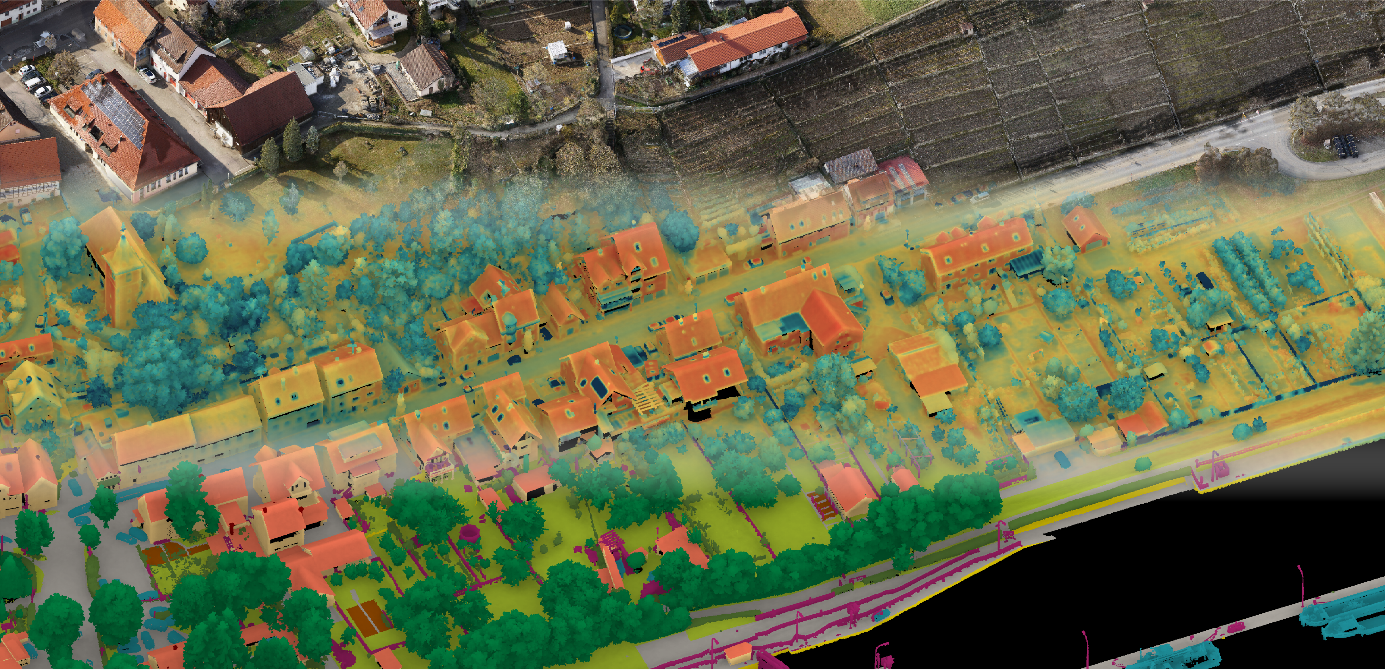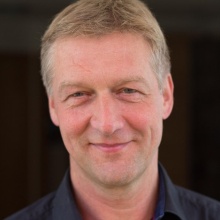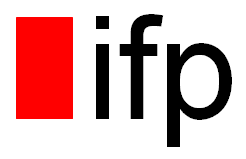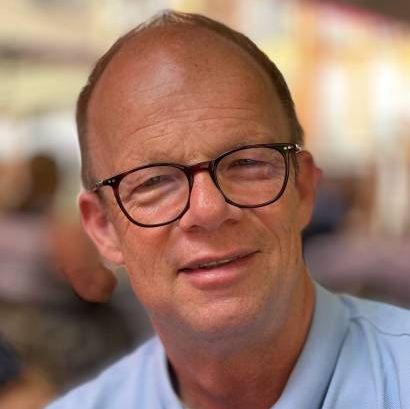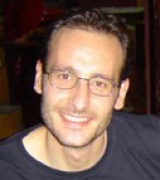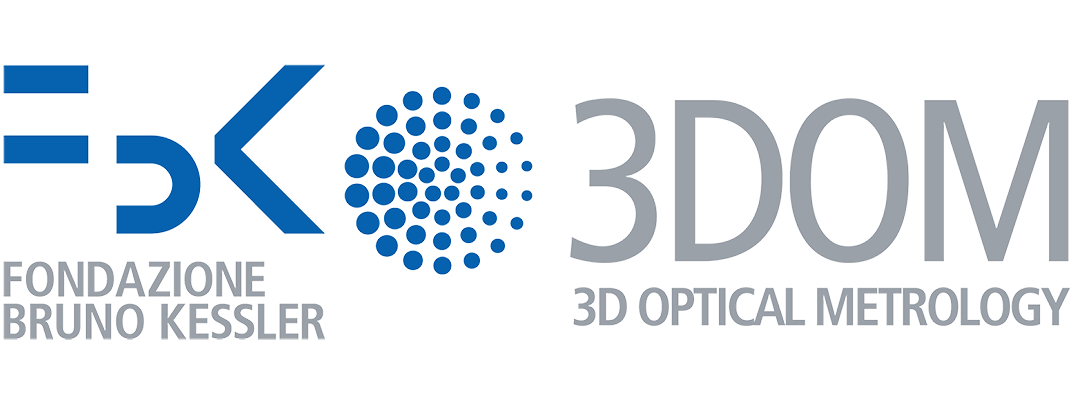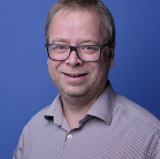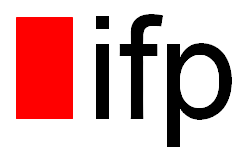Event
|
program
Thursday, February 6, 2025
10:30 Arrival and registration, coffee and welcome
11:15 – 12:50 An update from NMCAs
- Jeroen Leusink, Het Waterschapshuis – The Netherlands: Climb to one height - Towards an Integrated Height Facility in the Netherlands
- Florian Gandor, Swisstopo: swissSURFACE3D - Achievements and multigenerational perspectives
- Léa Vauchier, IGN France: LiDARExpress: an hybrid (AI and heuristics) processing chain for automatic LiDAR data classification and digital models generation
- Jesús María Garrido Sáenz de Tejada et. al., Instituto Geográfico Nacional, Madrid: Feasibility Analysis of the implementation of nationwide point cloud classification with AI
- Bruno Vallet / Amine Boussik, IGN France: Non rigid registration of building footprints on aerial LiDAR
12:50 - 13:30 Break with finger-food + posters
13:30 - 15:10 Sensors and platforms insights
- Gottfried Mandlburger, TU Vienna: Consumer-grade Unmanned Laser Scanning - orientation, resolution and accuracy
- Andreas Ullrich, RIEGL: RIEGL Waveform LiDAR – accessing and working with attribute-rich point clouds and intermediate data products
- George Vosselman, University of Twente: The pulse matching problem - the limits of laser scanning productivity
- Bernhard Schachinger, Vexcel: Unlocking new capabilities in airborne point clouds with the hybrid UltraCam Dragon 4.1
- Melanie Elias, TU Dresden: Planet4Stereo: An open-source pipeline for processing digital elevation models from multi-temporal Planetscope satellite images
15:10-15:30 Coffee break + poster
15:30 - 17:30 Applications: Short presentations (3-4 min each) followed by poster
- Vincent Reß, University of Stuttgart: Gaussian Splatting SLAM for fast monocular and multi-view scene reconstruction
- Bruno Vallet / Wu Teng , IGN France: Reverse engineering LiDAR point clouds
- Nejc Dougan, Flai: Challenges in creating real-world ready AI-based point cloud classifier
- Daan H. van der Heide, Daan C. Hulskemper, Daisy Sparla, Jantien Stoter, Rijkswaterstaat, TU Delft: Perspectives on the planimetric definition of point cloud density
- Antje Alex, DLR: Pipe reconstruction from point clouds for automated model generation
- Sungha Ju and Joon Heo, Yonsei University Korea: Distributed computing approach of scan vs bim analysis for construction quality monitoring
- Felix Matzke, TU Dresden: Data augmentation to enhance semantic segmentation of 3D point clouds
- Michael Weinmann, TU Delft: The potential of AI for 3D scene digitization - recent learning-based innovations on handling challenging scenarios
- Rico Richter, Point Cloud Technology GmbH: Twin4Road: Creating a digital twin of the road infrastructure using mobile mapping data
-
Sarah Hoppe, Fraunhofer IGD, Two-step clustering based counting of wheat spikes in laser light sectioning point clouds
- Kevin Kocon, IGD, Challenges for the automatic 3D point cloud processing on the single wheat ear level
19:00 Social dinner
Friday, February 7, 2025
8:30 – 10:10 Data processing insights
- Florent Poux, University of Liège: Building AI Systems for 3D Point Clouds
- Dorota Iwaszczuk, TU Darmstadt: Leveraging domain knowledge to refine deep-learning-based semantic segmentation of outdoor point clouds
- Uwe Bacher, Hexagon Innovation: Hub Digital Twin Germany - classification and streaming of very large and dense point clouds
- Maarten Bassier, KU Leuven: 3D reconstruction and machine learning for UAV-assisted bridge inspections
- Konrad Wenzel and Mathias Rothermel, nFrames/ESRI: Potential of Gaussian Splatting
10:10 - 10:40 Coffee break
10:40 – 12:20 Information Extraction from 3D Point Clouds
- Narges Takhtkeshha, FBK / TU Vienna / FGI: Multispectral UAV LiDAR point clouds for environmental monitoring
- Juha Hyyppä, FGI: International benchmarking on tree species classification using multispectral ALS
- Arttu Soininen, Terrasolid: Data fusion in forestry from multiple scanning platforms
- Katja Richter, TU Dresden: Monitoring of deciduous tree growth using hyper-temporal terrestrial laser scanner point clouds
- Eetu Puttonen, FGI: Seeing trees from a forest: A five-year retrospect to the Finnish Geospatial Research Institute permanent LiDAR Phenology station “LiPhe”
12:20 Closing
Presentations are in-person only, no video transmission will be provided!
